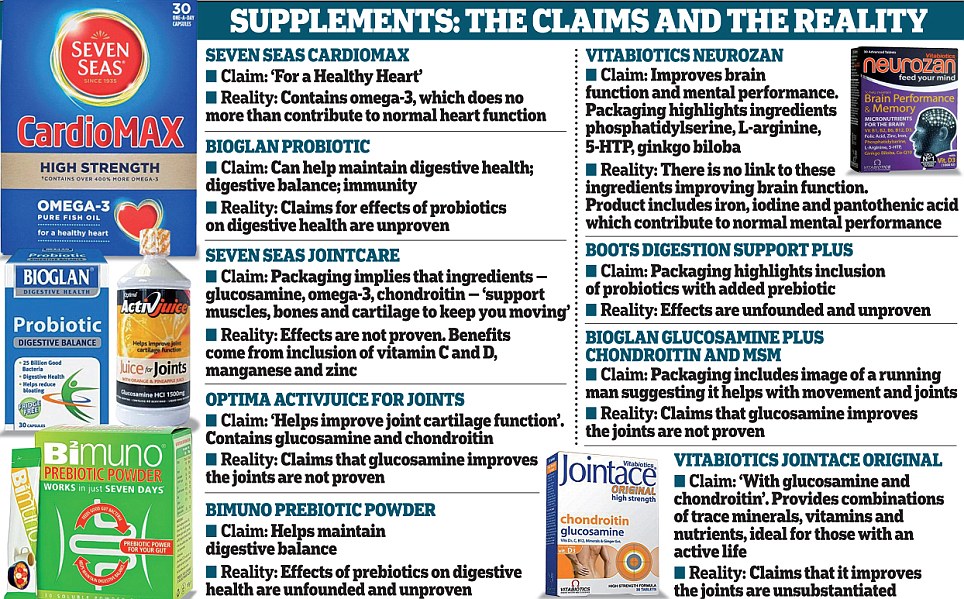
Most people worry about their health to some extent, and health supplements can help ease your worries. However, these supplements are not intended to cure a disease. While these products are intended to enhance health, you should avoid those that make medical claims. A good supplement regimen will focus on preventing or addressing specific problems. For instance, a combination of calcium and vitamin D may help slow the progress of age-related macular degeneration, which is a common problem among older people.
When purchasing health supplements, be sure to check the labels and read the ingredient list. Make sure to look for the % Daily Value (DV) and not the “maximum dose” listed on the package. Excessive doses can be harmful to your health. Read the label carefully and check for ingredients that are safe to take in normal amounts. In addition, check the DV for the ingredients to ensure that they are safe for your body.
As with any supplement, you should consult a healthcare professional prior to taking it. A healthcare professional can offer advice on which supplements are best for you, as well as which ones may interfere with your current medication. It’s also important to read the label to make sure you’re getting the highest quality product. You can find high-quality supplements by comparing companies on the BodyLogicMD network, which has been reviewed by health experts.

Studies on fatty acids and omega-3 fatty acids have also shown positive results in reducing the risk of heart disease. Other supplements have been shown to improve cognitive function and prevent injury in athletes. In addition to reducing the risk of cardiovascular disease, omega-3 fatty acids are also known to lower blood cholesterol levels. While some of the benefits of health supplements have been documented, many people still don’t get enough information to be sure they’re getting the recommended dose.
The most important thing to remember is that no health supplement can replace a healthy diet. Your doctor can recommend a healthy diet for your particular condition. You should also consult with a nutritionist before taking any health supplements. Vitamin supplements are an excellent way to provide your body with almost every nutrient it needs. A good supplement can support your diet while making your health goals more achievable. For example, vitamins A and C can help with digestion and absorption of other nutrients in the body.
Although multivitamins and other health supplements are often promoted as a cure for illnesses, they are not effective medicines in curing any specific ailment. Vitamin C is a popular choice among people who want to cure the common cold, while vitamin E is widely touted as an antioxidant. However, there is no conclusive evidence for such claims, and high-dose supplements may even be harmful. So, what are the benefits of taking health supplements?
Although there are benefits to taking dietary supplements, some researchers say that they can actually counteract their benefits. Some studies show that taking a balanced diet, along with a variety of supplements, lowers the risk of heart disease and stroke. However, some studies suggest that taking too many supplements can have the opposite effect, and this is why they are best taken in conjunction with a healthy diet. So, if you’re interested in taking health supplements, talk to your healthcare provider before taking any supplements.












